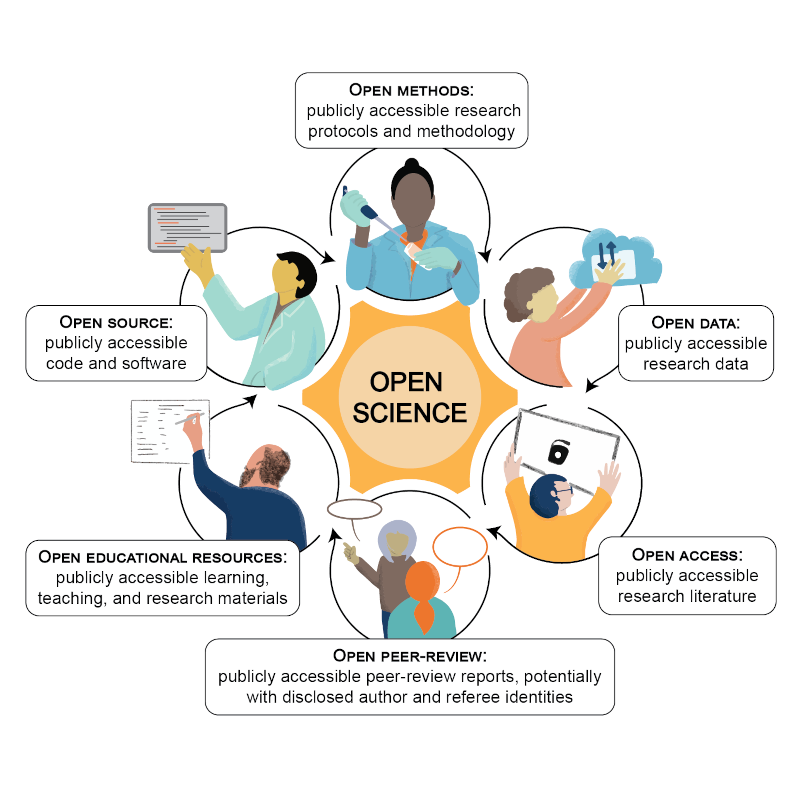Publishing Director, Stuart Taylor, updates us on the progress towards Open Access with the Royal Society journals and within the wider publishing landscape.

The drive to open: a snapshot of where we are and where we are going
In the 12 months since the last Open Access Week we have seen a great deal of progress in the OA landscape. More and more publishers are announcing large scale, open access deals with institutions and consortia around the world, and here in the UK we have seen the published draft of the new open access policy from UKRI (a member of cOAlition S). Although some developments have proved a little controversial, such as the ‘transformative journals’ concept and attempts to develop a framework for price transparency, such ideas are clear evidence that a great deal of thought, discussion and activity is going into the drive to open.
The COVID-19 pandemic has really underscored - in an all too practical way - the need for open access as researchers throw their efforts into understanding the dynamics of the disease and developing a vaccine. In March, Wellcome led a call for science publishers to open access to COVID-19 research and to encourage authors to post preprints of their articles to ensure vital information was globally available as soon as possible. We joined that initiative right away and created a special collection of our COVID-19 articles. In fact, we went further than that: at the same time, we removed paywalls to all Royal Society journal content in recognition of the difficulty researchers were experiencing in accessing subscribed content remotely as campuses closed at short notice. We were also a founding partner of an innovative cross-publisher collaboration to expedite rapid peer review of COVID-19 articles.
Open initiatives and activities from Learned Societies such as the Royal Society
Learned society publishers have been particularly active in the last 12 months. Several already have ‘Read & Publish’ deals in place for the current year. This is a new type of deal in which subscription spend and open access charges are wrapped up into a single annual payment (based on spend over previous years) which provides full read access to content and open access publishing free of individual article processing charges (APCs) for researchers at eligible institutions. This greatly reduces administration for researchers, institutions, and publishers alike. Some learned societies have gone further and announced a complete transition to full open access starting as early as next year. Some are also experimenting with new models such as Subscribe to Open, which seeks to effect a transition from subscription to full open access by transforming existing subscribers into supporters and allowing researchers at their institutions to publish open access at no charge. In the meantime, the Society Publishers’ Coalition - which we helped to establish in 2018 as a forum for learned societies to collaborate and help each other manage the transition to OA – remains very active and now has 75 society members from around the world and spanning the whole range of scholarship.
Here at the Royal Society, we have made good progress in our own transition to full open access, with Read & Publish deals already agreed for 2021 with several consortia and institutions including Jisc, Max Planck Digital Library and SANLiC. Further Read & Publish deals will be announced soon and these types of deals will be a key priority for us over the next few years. By gradually switching more and more author territories to open access, we aim to reach a point where we can flip our journals to being fully open. We have also continued to pursue our wider open scholarship goals by being a founder member of the Initiative for Open Abstracts (I4OA) which calls on publishers to make their journal and book abstracts openly available via Crossref in order to drive discovery and facilitate text mining of scholarly content.
You can read more about Read & Publish from the Royal Society. To find out more, contact us or speak to your librarian.





